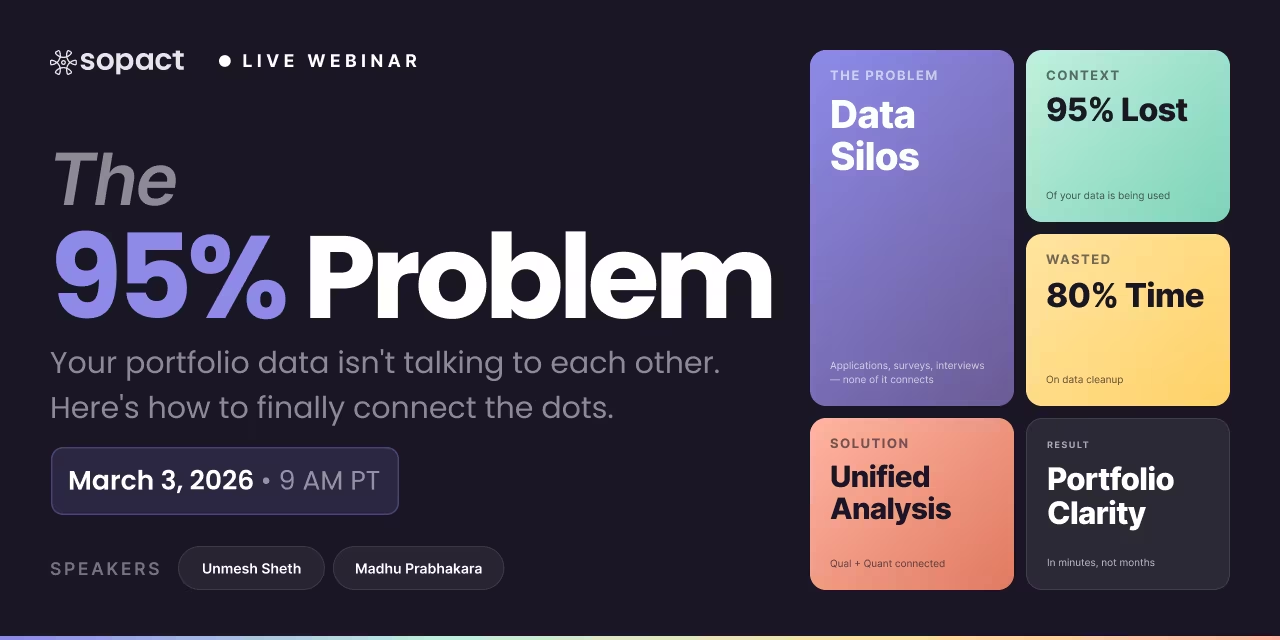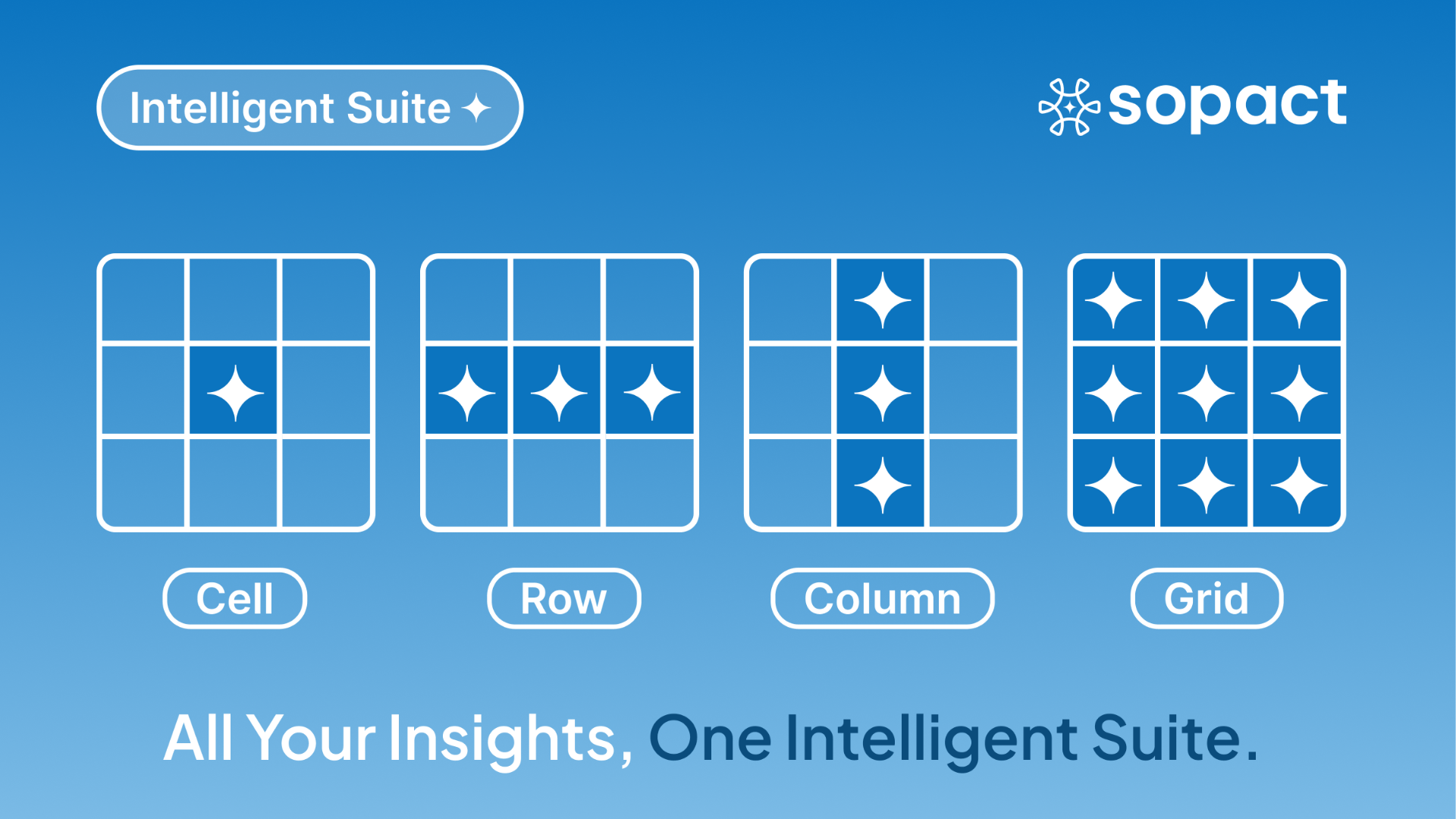

New webinar on 3rd March 2026 | 9:00 am PT
In this webinar, discover how Sopact Sense revolutionizes data collection and analysis.

The UN’s sustainable development goals (SDG) project is aimed at global transformation measured by universally shared benchmarks. Social enterprises are uniquely positioned to bring about these changes. SEs are innovating solutions to the world’s toughest challenges every day. To incorporate SDGs as a framework, SEs must also collect the right data and measure the right indicators. In this article, we’ll talk about what SDGs mean for your social enterprise and how you can contribute to global transformation.
The 193 members of the United Nations (UN) adopted the 2030 Agenda for Sustainable Development in 2015. The plan's core is 17 sustainable development goals (SDGs) that focus on social, economic, and environmental concerns. They are:

The SDGs are a comprehensive blueprint for achieving a better future. The adoption of the SDGs is a recognition that transforming our world requires leadership, accountability, and measurement.
Each of the 17 goals has specific targets. Social enterprises working towards these SDGs must operationalize these goals and targets, turning them into measurable observations.
Social enterprises have a dual function. They generate revenue while tackling social or environmental issues. They want to do well while doing good. Typical corporations or businesses don’t have this dual focus.
Social enterprises are also local. They work directly with stakeholders to understand challenges and create solutions.
Social enterprises are working towards the 17 SDGs every day in communities around the world. To contribute to global progress, it is essential that social enterprises:
What can social enterprises do to align their work to the SDGs better?
SDG goals and targets mean social enterprises need good data.
It’s good for an employment program to collect data such as the ‘number of people trained. But this is an output, not an outcome. The employment program needs to understand if they are moving the needle on SDG 8 economic development.
Organizations need to understand what benefits their stakeholders see. Are the training sessions increasing knowledge? Are they leading to employment? These would be outcomes.
Social enterprises and nonprofits are often not collecting enough or the right kind of data.
Data collection needs to be focused on the right measurements and efficiency. Manual, labor-intensive data collection can burden social enterprises, nonprofits, and stakeholders. Data collection can be streamlined and simplified with expertise and the right technology.
To improve data collection, social enterprises need a strategy. Data needs to be woven into the implementation of programs and services. For social enterprises and nonprofits, this means beginning with a functional Theory of Change.
A theory of change is a critical part of an impact measurement and management (IMM) strategy. A theory of change is a road map of how your resources and program activities generate impact towards SDGs. Each step of the way, social enterprises can collect data and indicators.

Even if your social enterprise is collecting outcome-focused data based on a Theory of Change, what do you do with it? Leveraging data to make business decisions is perhaps the most crucial step.
For social enterprises, impact data is business intelligence (BI), just like pure for-profit data on procurement, finance, and HR. Social enterprises use impact data to not only improve the business but also generate better impact for their stakeholders.
With precise impact data analyzed and visualized in real-time dashboards, social enterprises can understand how they work towards SDGs. That’s how social enterprises can augment what works and change what doesn’t. This is the key to driving impact on SDGs.
SDGs are an opportunity for social enterprises.
Social enterprises are out there, doing the work called for by the SDGs. They need to show it. Not just because social enterprises have something to prove to funders, but because they need to understand how they contribute to global transformation. This is the impact that SDGs target. Aligning strategy and impact through the right data means working locally on global efforts. To learn more about impact management and measurement solutions for your social enterprise, contact Sopact.
Learn More: Impact Evaluation

